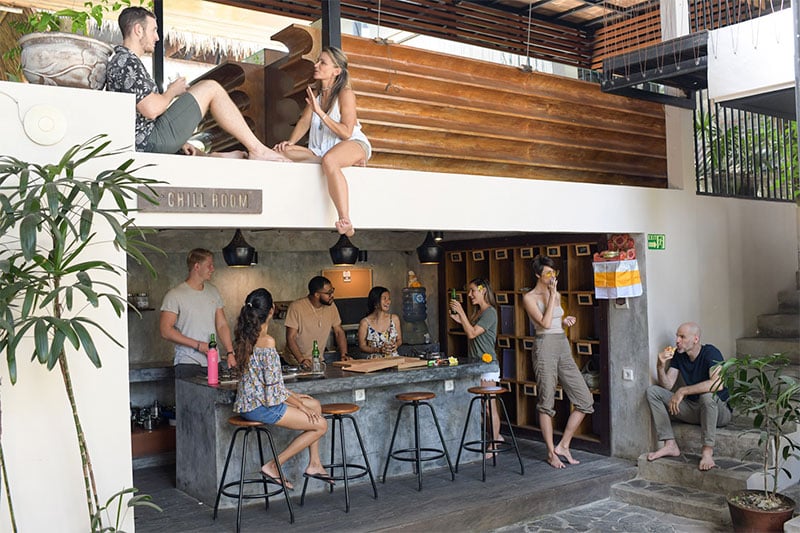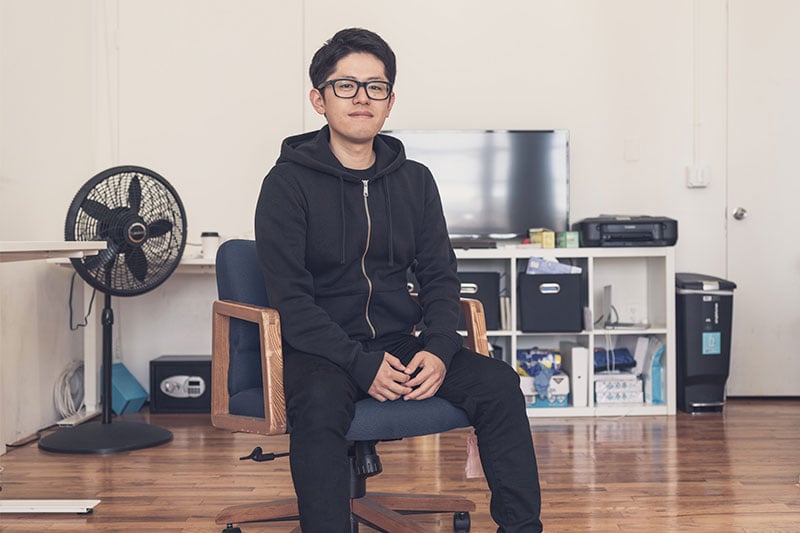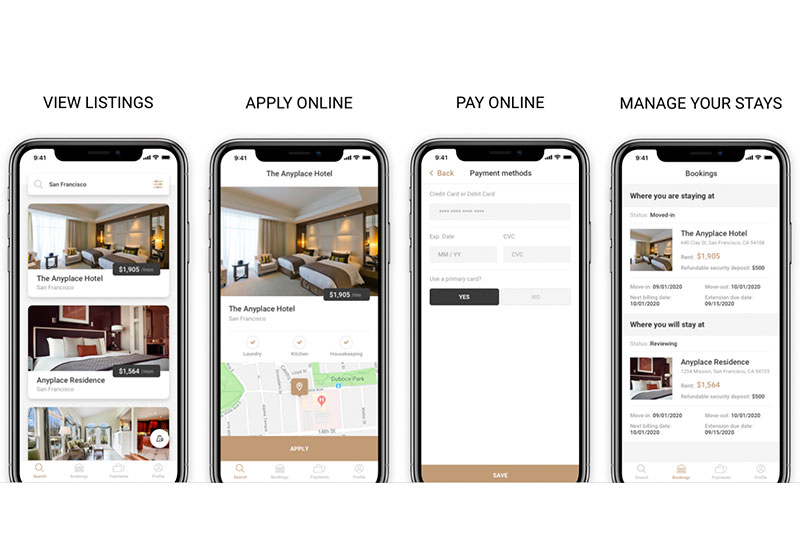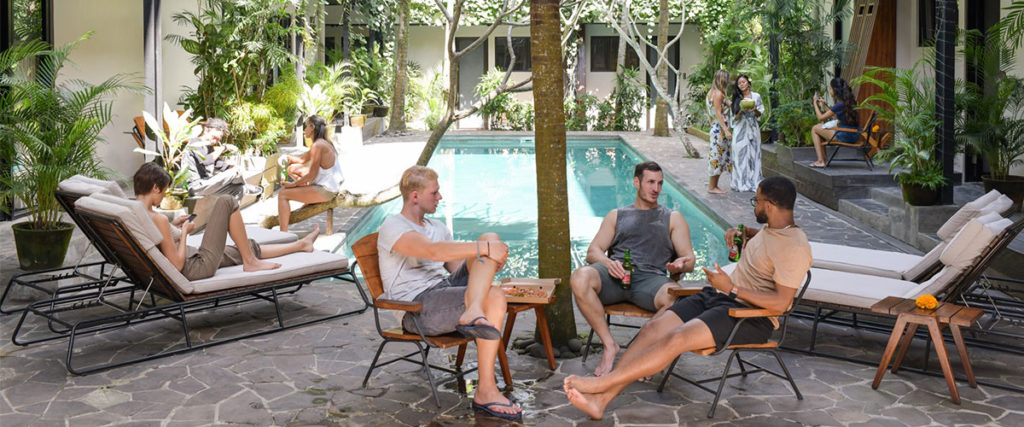With the global trend of remote working in mind, Steve Satoru Naito created Anyplace, a coliving company that supplies flexible living arrangements to an increasing number of digital nomads across Asia. He tells Hive Life how he sees the future.
Steve Satoru Naito went from never having been employed to founding his own coliving company Anyplace straight out of high school. After watching the movie ‘The Social Network’ about the conception of Facebook, he felt inspired to move to Silicon Valley in San Francisco to “build something big,” as he puts it. Without much of a plan, Steve began creating a network of people and, before long, saw an opportunity in flexible living arrangements when he moved into a shared house. That’s when his idea for Anyplace was born.

As a company that provides flexible living arrangements in Japan, Singapore, Thailand, South America, Europe and the US, Anyplace’s concept is squarely centred on modern-day digital nomads and freelancers who travel for work. Rentals are on a month-to-month basis to keep up with the growing demand for short-commitment stays. “Remote work is becoming a trend. Many people work from home – or from anywhere. Our own team works remotely from Europe, Asia and the States, so we embody that kind of lifestyle,” explains Steve, who is all for a work-life revolution that blurs the lines between office and home.
You might also like Could Coliving be the Answer for Asia’s Expensive Cities? This Startup Thinks So.

As someone who grew up in Japan, Steve immediately saw the stark contrast between work culture in his home country and the more free-roaming environment that exists in the US. “There are many kinds of companies like that in the United States, so I believe that remote work will become more common within a decade. Yet, most people still work from home,” he says. The transition to a world in which more and more people adopt flexible working practices isn’t without its difficulties, however, and it’s here that Steve wants to step in with Anyplace. “There are huge barriers to changing their lifestyle. One of the largest barriers is housing rent and we want to solve that problem.”
From Asia to the US and beyond, Anyplace sells and delivers on the idea of delivering commitment and fuss-free homes out of any of their fully furnished apartments for as short as one month, eliminating the impersonal, out-of-touch feel of staying in a hotel for weeks at a time. Utilities and WiFi are included in monthly payments, and some spaces even have a weekly cleaning service. All bookings and payments are manageable online – in line with Steve’s vision for a company that’s all about accommodating always-on-the-go types of workers.

As more of the world transitions to the global village that is the Internet, business is being conducted over video calls, with online productivity platforms that keep track of things like budgets and tasks running teams, allowing people in all sorts of industries to take their work with them wherever they go. Steve wants to be one of the cogs driving the innovation behind this lifestyle by enabling people to maintain homes in different corners of the globe. Next, he hopes to expand to more places in Southeast Asia. “Those living in New York, for example, pay USD 3000 for rent. But, in Bali or Thailand, you can spend USD 300 or USD 400 a month for quality urban living and a unique local experience. And it’s a popular destination for digital nomads, which is why we should expand to those markets.”
“I think the housing rental experience will only become more flexible in the future,” he predicts of an increasingly fluid world, likening this trend to the growing demand for coworking spaces. “People don’t want a longer-term contract in an office space” – and the next step is subscription-based living. “We are not a housing business. We’re in the freedom business.”
Related Articles
Could You Live in a Tiny House? This Affordable Housing Solution Hits Asia
Struggling to Afford Basic Housing? Micro-Housing OPod Could be the Solution





